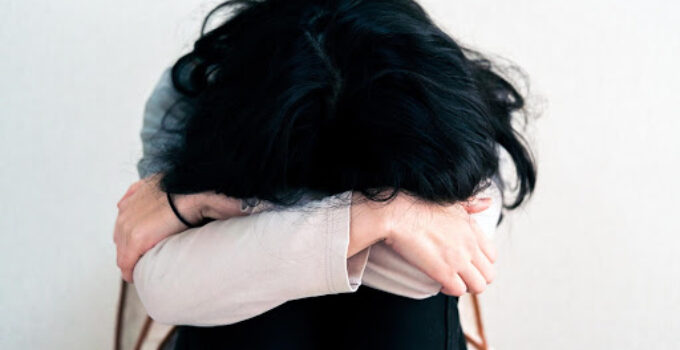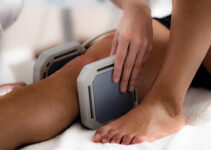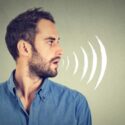Did you know that there are about 90 known and established forms of sleep disorders? Or that a staggering 50 to 70 million people in the US deal with chronic sleep conditions? Insomnia and hypersomnia are two of the most common forms of such sleep maladies.
Anxiety disorders (AD), on the other hand, affect an estimated 40 million US adults each year. Although highly-treatable, only a little over a third of people with AD get treatment.
As if that not enough, many people deal with both anxiety and sleep disorders. Their anxiety caused their sleep woes, or their sleep problems caused their AD.
What exactly is the link between these two, though? How can one cause the other, and is there any way to prevent both?
This guide will delve deep into the connection between these two, so be sure to read on.
Page Contents
Anxiety and Sleep Disorders Coexist in Many People
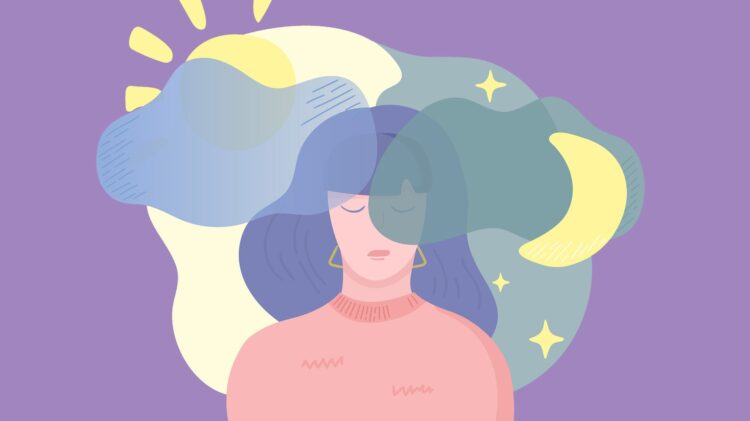
Source: huffingtonpost.com
According to some researchers, 24% to 36% of people with insomnia have an anxiety disorder. AD is a bit more prevalent in those with hypersomnia, though, occurring at a rate of 27% to 42% of patients.
In addition, sleep disturbances are often diagnostic symptoms in certain types of AD. One of these is GAD or generalized anxiety disorder. In the US alone, an estimated 6.8 million individuals live with this condition. GAD puts them in a constant state of excessive worrying, so they can have a hard time falling or staying asleep.
Sleep disturbances are also primary indicators of post-traumatic stress disorder (PTSD). This psychological disorder affects approximately 8 million US adults in any given year. Any traumatic experience, such as abuse, combat, assault, or death, can lead to PTSD.
Anxiety as a Cause of Sleep Disorders
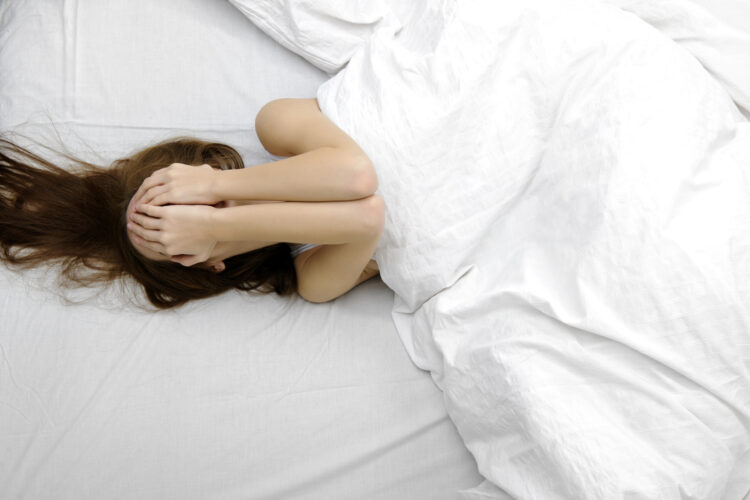
Source: psycom.net
In people with anxiety, the feeling of unease is constant or “chronic.” Their entire day can be full of excessive worry or fear that something bad can happen. These highly-unpleasant thoughts can then put them in a state of hyperarousal.
Hyperarousal, in turn, can put a person in a “long-term” state of high alert. They may feel extremely alert, breathe faster, or have an elevated heart rate. They can become very sensitive and responsive to the slightest stimuli.
It’s in this way that anxiety can cause sleep disorders. Worries or fears may not ease up even if a person feels tired, and their body is ready to go to sleep. Worse, they may even have additional terrifying thoughts related to falling asleep.
For instance, a person with AD can start worrying about burglars or home invaders. They may feel scared to go to bed, thinking that a crime may occur while they’re asleep. They may also fear going to sleep due to previous instances of horrifying nightmares.
All these can then interfere with a person’s ability to fall asleep or stay asleep. In cases wherein they do fall asleep, their anxiety may cause prolonged sleep. As such, they may either have insomnia, hypersomnia, or both.
Sleep Disorders Can Cause Anxiety
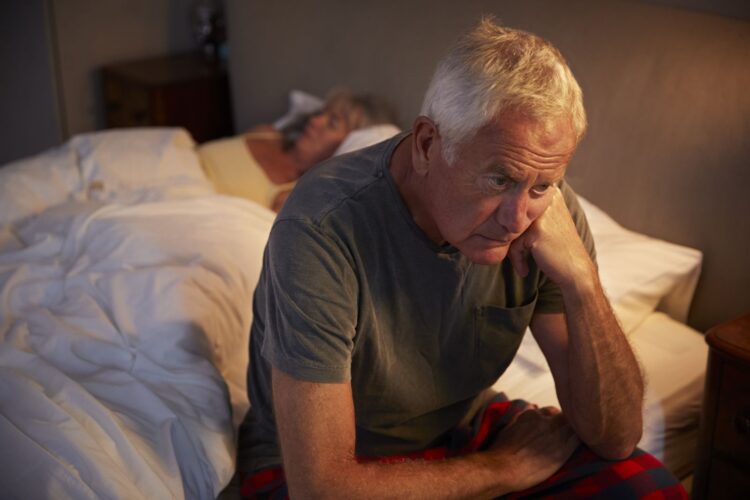
Source: health.harvard.edu
In one study, researchers said that lack of sleep could add to excessive worrying. They said that sleep deprivation triggers areas in the brain that have an impact on emotions. They also found that sleep-deprived folks had brain patterns similar to those with AD.
Their findings also suggest that sleep deprivation raises one’s risk of developing AD. This is especially true for chronic worriers or those with an innate propensity for AD. The more sleep they lose, the greater their risk of developing an anxiety disorder.
At the very least, lack of sleep can alter a person’s mood or worsen existing mood issues. You’ve likely experienced it yourself, the irritability that comes after a sleepless night. However, your feelings of irritation can heighten as you incur more sleep “debt.”
Over time, these unpleasant feelings can worsen to the point that they turn into anger. Or, you may feel that you’re about to reach your breaking point. You can become so sensitized to these emotions that you may already develop AD.
What’s more, all those pent-up emotions can make your mind race. So, you end up staying alert at night, further exacerbating your sleeplessness.
Poor Sleep and Heightened Levels of Cortisol
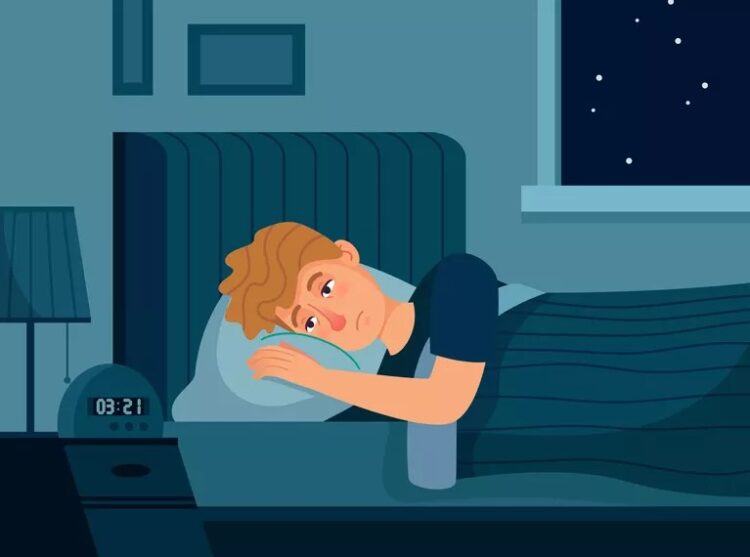
Source: verywellmind.com
Cortisol is the body’s primary “stress hormone.” Your body produces more of this whenever you find yourself in a “fight or flight” situation. It heightens functions that the body deems essential for such distressing events.
Poor sleep, however, seems to increase the body’s production of cortisol. Indeed, several studies found this to be the case in sleep-deprived patients. What’s more, the increase in the stress hormone occurred at a later part of the day.
The thing is, it’s during this time of the day wherein the body should be preparing to rest. Unfortunately, the presence of cortisol disturbs this normal body process. As a result, the body finds it harder to go to sleep, as it mistakenly thinks it’s in a fight or flight situation.
So, the more you deprive yourself of sleep, the more often your body can produce cortisol. This can then result in the long-term activation of your stress-response system. Ultimately, it may lead to the development of psychological problems, such as anxiety.
Lack of Sleep and Increased Anxiety Symptoms
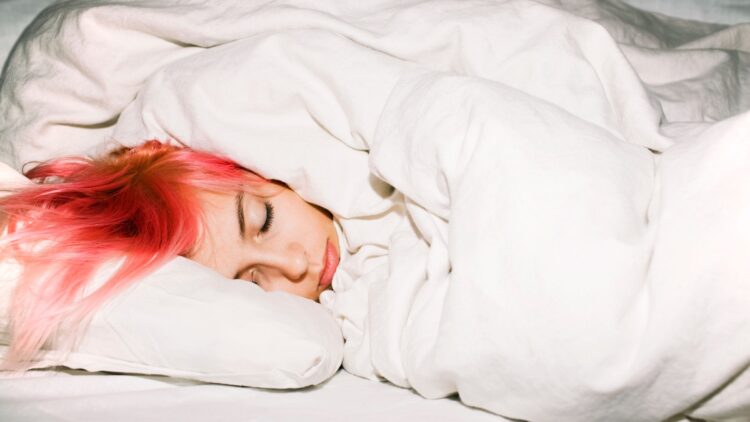
Source: wired.com
Many studies have also confirmed that a lack of sleep can induce more anxiety symptoms. At the same time, it can decrease positive moods and amplify negative emotions. What’s more, sleep deprivation can reduce positive reactions to otherwise happy events.
So, if you always skimp on sleep, you may start feeling more and more anxious. The longer this goes on, the higher your risk of developing full-blown AD. At the very least, your chronic lack of sleep may make you feel less satisfied with your life in general.
Are Sleep Disorders and Anxiety Disorders Treatable?
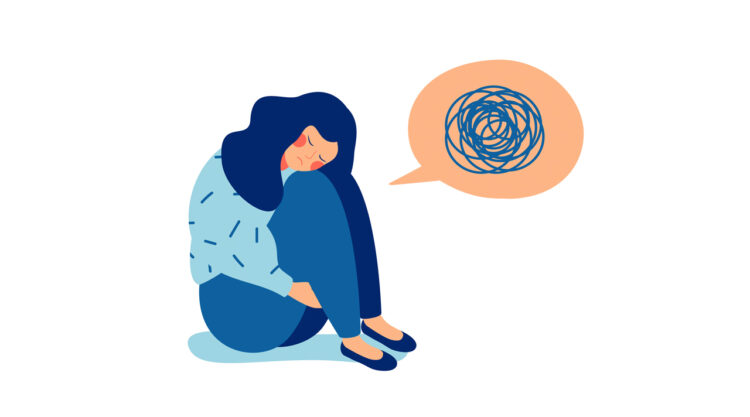
Source: psycom.net
Absolutely! However, you mustn’t self-diagnose; you need to see your doctor. That’s because sleep or anxiety disorders may also arise from another underlying problem. For the less severe ones, finding an anxiety treatment professional such as A Kind Place can help, where the counsellors or psychologists can help you with the common causes and treatments for anxieties first.
With that said, medications and lifestyle changes are often effective for sleep disorders. Sleeping pills, antihistamines, and cold medications are the usual prescriptions.
Your doctor may also recommend the use of melatonin supplements. As they can help normalize the sleep-wake cycle, you may fall asleep faster and stay asleep longer. In this case, you may want to ask your doctor if you can try using SugarBearHair melatonin supplements.
As for anxiety disorders, therapy is often the first line of treatment. This, coupled with a healthier lifestyle, might be enough to help ease your AD symptoms.
However, your doctor may also prescribe anti-anxiety medications, such as benzodiazepines. These include prescription drugs that end in “zepam” (clonazepam, lorazepam) and “zolam” (alprazolam).
How to Sleep Better and Feel Less Anxious
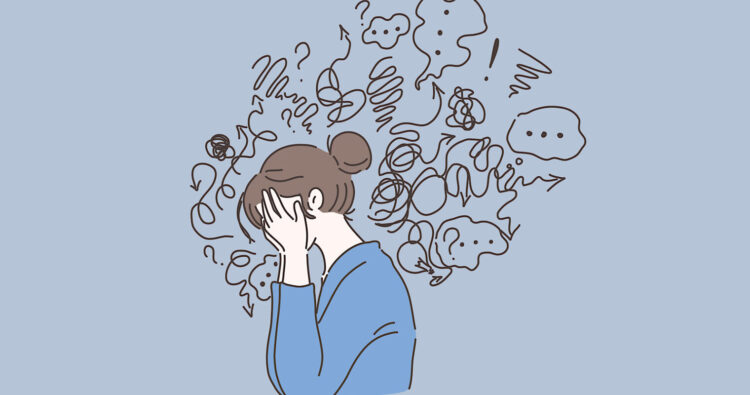
Source: searchenginejournal.com
Aside from your doctor’s orders, lifestyle changes can also help you get better sleep. For example, exercising more can help prepare your body to go into sleep mode. Studies even found that aerobic exercises have an effect similar to sleeping pills.
In addition, exercise appears to have positive effects on anxiety disorders. According to experts, it can help take your attention away from the things you feel anxious about. Physical activity can also ease muscle tension, so you may end up feeling less tense in general.
Aside from upping your exercise ante, you should also consider doing the following.
Drink and Smoke Less
Reducing alcohol intake and tobacco use can also help counter sleep disorders and AD. Of course, it would be better if you quit smoking altogether. While you don’t have to stop drinking completely, it’s best to minimize your intake.
For starters, alcohol is a central nervous system depressant. While this sounds helpful for sleep, it can cause poor sleep quality and also worsen AD.
Tobacco, on the other hand, is a nervous system stimulant. It can affect your sleep and even heighten your AD symptoms. As pointed out on mental health blogs listed on Blogging.org, by combining alcohol and nicotine, this can also raise your heart rate and blood pressure.
Avoid Too Much Sugary Food and Drinks
A study found that people whose diets are high in sugar are prone to restlessness at night. They do fall asleep, but it seems that they can’t attain deep sleep. In this way, sugar can also mess with the overall quality of your sleep.
Unfortunately, too much sugar can also trigger symptoms of anxiety disorders. This may occur due to the “crashes” that your blood sugar can experience. So, by reducing your sweets intake, you may be able to better manage your AD, too.

